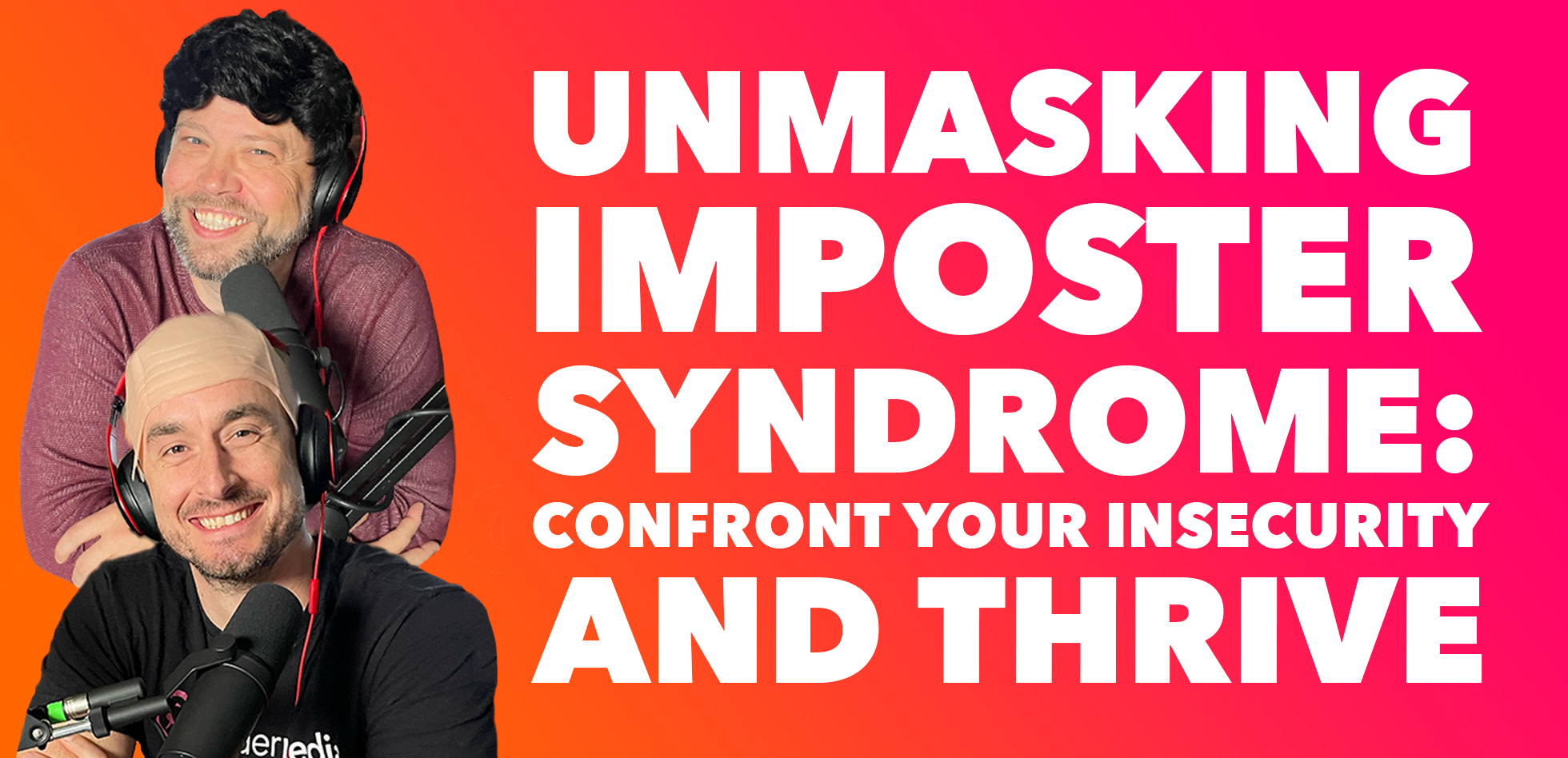Overcoming Imposter Syndrome
Feeling like a fraud is ironically common among people who are legitimately successful, but that doesn’t mean the depressing effects of imposter syndrome are any less real for those doubting their achievements.
It’s terribly ironic (and sad) that so many objectively successful people, including entrepreneurs, feel like their achievements aren’t the result of their own skill and diligence. It’s a phenomenon called imposter syndrome, and the depression, anxiety, and nagging self-doubt it causes can be overwhelming.
In this Silver Dollar episode of Stay Paid, we talk about this common issue and offer those who experience it some strategies to fight it.
Definition of imposter syndrome
As defined by the Journal of Mental Health and Clinical Psychology, imposter syndrome is “a condition that describes high-achieving individuals who, despite their objective successes, fail to internalize their accomplishments and have persistent self-doubt and fear of being exposed as a fraud or imposter.” People who struggle with it “do not attribute their performance to their actual competence” but instead “ascribe their successes to external factors such as luck or help from others while considering setbacks as evidence of their professional inadequacy.”
What causes imposter syndrome isn’t clear, but researchers suspect it’s the result of a long list of contributing factors, including culture, personality, and family history, and that it can be exacerbated by aspects of one’s personal history. And depending on who you ask, there are a lot of people who suffer from it.
Advice to combat imposter syndrome
Telling someone who is experiencing imposter syndrome to “get over it” is, at best, insensitive. Many people will require the expert services of a mental health professional to work through what can be a debilitating problem. Still, we offer what we hope is some helpful advice and reassurance to those who feel the occasional bout of insecurity about their own achievements.
- Recognize that you don’t need to know everything. Leaders are often plagued by the notion that they have to be able to fix every problem, but they don’t. No one can possibly know everything. Effective leaders surround themselves with good people they can rely on for their expertise and advice so that when a problem does arise, together they can find a solution.
- Focus on your strengths. For those suffering from imposter syndrome at work, it may help to realize that others have acknowledged your skill and believe you are deserving of your position. Reflect on what you know you do well and what you have accomplished. Remember, high achievers are the people who typically suffer from imposter syndrome the most.
- Surround yourself with support. We all need someone who can lift us up and affirm our worthiness. We’ve spoken many times on the show about the benefits of having a mentor or coach, so invest in yourself and find one.
We hope you enjoy this episode and act on the advice Luke offers at the end. We’d also appreciate it if you took a moment to leave us a 5-star review and comment on Apple Podcasts. (We read them on air!) Thanks for listening!
Connect | Resources
You can get free resources, including e-books, printables, and lead magnets to attract new leads, by visiting our Resource Library.
Are you interested in working with Luke and Josh to improve your marketing, get more referrals, enjoy more repeat business, and begin living the life of freedom you deserve? CLICK HERE and get a special offer just for Stay Paid listeners!



















 Soundcloud
Soundcloud iHeart Radio
iHeart Radio Spotify
Spotify Spotify
Spotify


